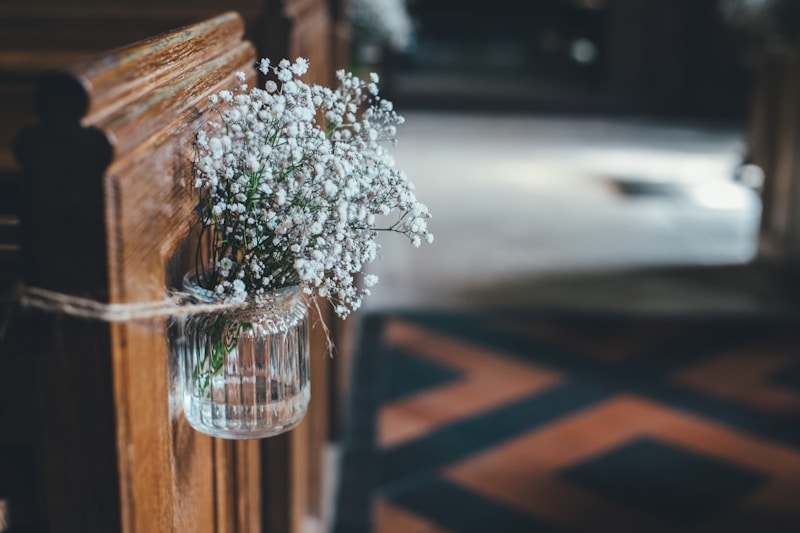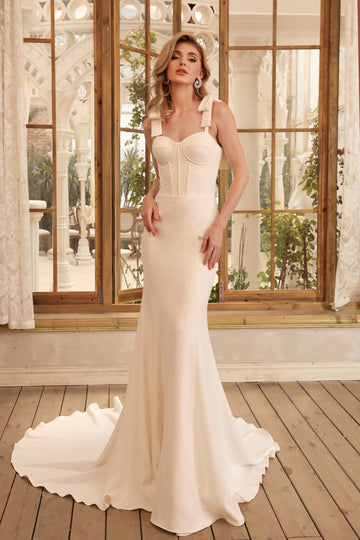Real-Life Budgeting Experiences from Brides: Navigating the Journey to the Perfect Wedding
Real-Life Budgeting Experiences from Brides: Navigating the Journey to the Perfect Wedding
Planning a wedding can be one of the most exhilarating yet overwhelming experiences in a bride's life. As the key decision-maker, a bride faces numerous financial responsibilities while trying to create her dream wedding. In this article, we explore real-life budgeting experiences from brides, providing invaluable insights and practical tips to help you navigate your wedding budget.
The Importance of a Wedding Budget
A wedding budget is the cornerstone of event planning. It not only dictates the overall expenses but also ensures you prioritize what’s truly important to you and your partner. Without one, costs can spiral out of control, leading to stress and financial strain. Below, we summarize the key components of a typical wedding budget:
| Item | Percentage of Budget |
| Venue | 30% |
| Catering | 25% |
| Photography | 10% |
| Attire | 10% |
| Florals & Decor | 10% |
| Entertainment | 5% |
| Miscellaneous | 5% |
Real-Life Experiences: Heartfelt Stories from Brides
Every bride has her unique story when it comes to budgeting for her wedding. Let's dive into some real-life experiences shared by brides that can inspire and educate future brides-to-be.
1. Emily's Experience: The DIY Queen
Emily, a bride from Texas, decided to take a hands-on approach to budgeting. With a modest $15,000 budget, she tackled everything from invitations to centerpieces. Emily's key takeaway was the power of DIY projects. "I felt in control and saved thousands by making my own decorations. It also added a personal touch to the wedding," she shares.

To help you consider DIY solutions, here are some cost-effective ideas:
- Invitations: Use online platforms to create and print your own.
- Centerpieces: Utilize seasonal flowers or repurpose items from your home.
- Favors: Create homemade treats or personalized tokens for guests.
2. Sarah's Surprise: The Budget Busters
On the other hand, Sarah from Florida faced unexpected costs that tested her budgeting skills. While her original budget was set at $20,000, she quickly learned that certain items can exceed expectations. For instance, the cost of her dream venue tripled due to hidden fees.
Her advice? "Always have a contingency fund! Allocate at least 10% of your budget for unexpected expenses." This allowed Sarah to comfortably accommodate surprise costs without disrupting her wedding plans.
Key Budgeting Tips for Brides
Based on the real-life experiences of brides like Emily and Sarah, here are some practical tips to keep your wedding budgeting on track:
- Prioritize Vendors: Identify which vendors are most important to you and allocate your budget accordingly.
- Use Spreadsheets: Organize your expenses in a spreadsheet to keep track of spending and remaining budget.
- Ask for Recommendations: Seek advice from married friends or family members on trusted vendors.
- Set Clear Expectations: Communicate openly with your partner about budget limits and preferences to avoid disagreements later.
3. Laura's Journey: Splurging Wisely
For Laura, a bride from California, the key was knowing when to splurge. With a $25,000 budget, she chose to invest in high-quality photography while saving on less critical aspects like wedding favors.
"I knew my memories would last a lifetime, so I opted for a top-notch photographer. Don't be afraid to splurge on what matters most to you," she remarks.
Factors Affecting Wedding Budgets
Several factors can directly impact a wedding budget, including:
Location
The venue's location can significantly influence costs. Popular city venues tend to be pricier compared to rural locations. Consider this when choosing your venue.
Seasonality
Weddings in peak seasons (June to September) are generally more expensive. Opt for an off-peak season (like January or February) for potential savings.
Guest Count
The number of guests can drastically affect your budget. Each additional guest increases costs for catering, seating, and even invitations.
Conclusion: Crafting Your Perfect Wedding Budget
In conclusion, planning a wedding budget is a journey filled with experiences that shape your big day. From the creative solutions of brides like Emily who embrace DIY projects to the reality checks faced by those like Sarah, understanding the real-life budgeting experiences of brides is essential. Remember to evaluate your priorities, communicate openly with your partner, and don’t hesitate to adapt your plan as needed. Budgeting should be a personal experience, tailored to your values and wishes. Happy planning!
As you embark on this exciting journey, remember these final tips: stay organized, keep a contingency fund, and above all, enjoy the process. Creating your dream wedding doesn’t have to be a financial burden; with careful planning and informed choices, it can be a joyful experience filled with love and cherished memories.
